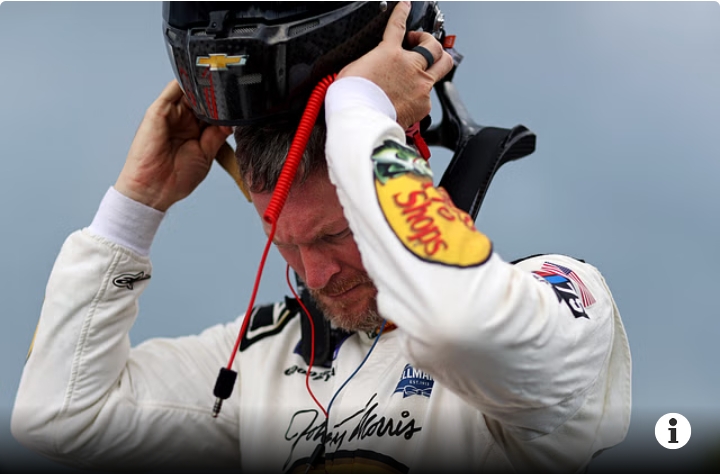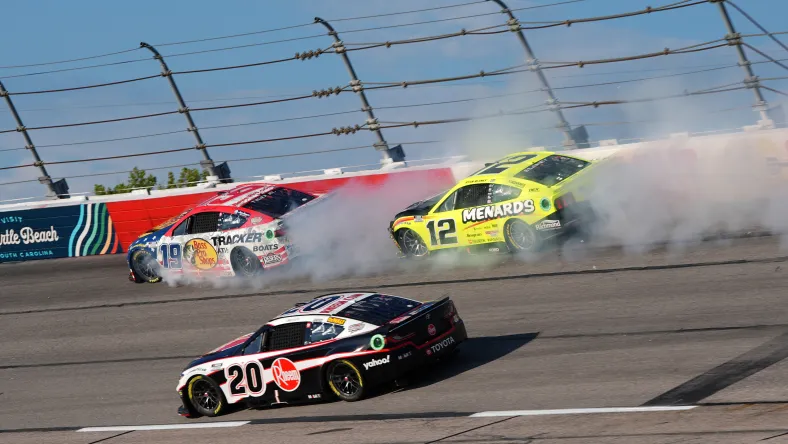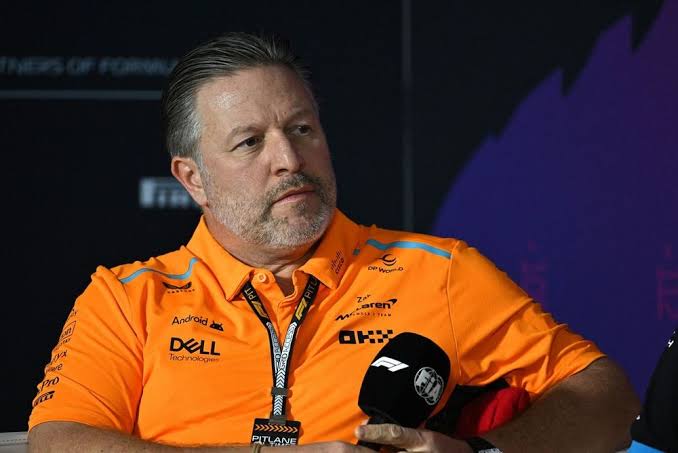In 2001, after a two-week hiatus following the heartbreaking events of 9/11, Dale Earnhardt Jr. clinched a victory at Dover that was steeped in emotion. Earlier that year, he had also faced the sorrow of losing his father during the Daytona 500. Recently, Joey Meier, a former member of Dale Earnhardt Inc., reflected on how the crowd at Dover that day created a powerful sense of unity among everyone present.
Starting from third place, Dale Earnhardt Jr. took control of the race, leading an impressive 193 out of 400 laps, marking his second win of the season after his triumph at Daytona. This victory was significant, as it was the third time in 2001 that Earnhardt Jr. bore the emotional burden of the sport, following his father’s death at the Daytona 500 and his subsequent win at the Pepsi 400.
During a recent appearance on Dirty Mo Media, the former DEI crew chief shared his memories of that day and Earnhardt Jr.’s win:
“We went from 9/11 to an airplane wreck and then back to Dover, so it was an incredibly emotional roller coaster. But as Jeff pointed out, the intensity of that race is something you will never forget. The emotion and the overwhelming support from everyone in the stands were beyond words. It was truly remarkable.”
In the closing moments of the MBNA Cal Ripken Jr. 400 race at Dover, the absence of the white flag during the final lap represented an unwavering determination to fight on. In a heartfelt tribute to the victims of the attack, Earnhardt took a Polish victory lap while proudly waving a large American flag. Additionally, in Victory Lane, he announced his pledge to contribute $75,000 to support the relief efforts.
Dale Earnhardt Jr. recently shared his thoughts on NASCAR’s strategies that seem to undermine the solidarity of the RTA during charter negotiations.
Dale Earnhardt Jr. was taken aback to discover that 23XI Racing and Front Row Motorsports were the only teams yet to sign the latest draft of NASCAR’s charter agreement, putting their charters in jeopardy. To clarify the situation, he provided a detailed explanation:
“They’re not going to take away Michael Jordan’s charters. There might be some misunderstanding between NASCAR’s expectations of the charter system and the teams’ perceptions of it. The charter system wasn’t labeled a franchise for a reason; they were never meant to be considered franchises.” [at 59:30].
He pointed out that although NASCAR initially took the teams’ feedback into account, they eventually halted any further discussions. He elaborated:
“NASCAR has made it evident that they are finished with negotiations. We didn’t secure all our requests; there were aspects we appreciated and others we didn’t, which I think is to be expected. It’s all part of the process.” [at 50:10]
Earnhardt Jr. feels that NASCAR’s current approach towards the teams is essentially a “take it or leave it” situation, suggesting that no additional compromises will be offered. This sentiment reflects a growing frustration among team owners and drivers, who feel that their voices are not being heard in the decision-making process. The initial willingness of NASCAR to engage in dialogue gave teams hope for a more collaborative relationship, but the abrupt cessation of negotiations has left many feeling sidelined.
He further explained that the lack of ongoing discussions signals a shift in NASCAR’s strategy, where they seem to prioritize their own agenda over the concerns of the teams. “It’s disheartening,” he said, “because we all want to work together to improve the sport, but it feels like we’re being pushed aside.” This perspective highlights a broader concern within the racing community about the future of the sport and the potential impact of NASCAR’s unilateral decisions on team operations and fan engagement.
Earnhardt Jr. emphasized that while some changes proposed by NASCAR were welcomed, the overall lack of flexibility in negotiations has created an atmosphere of uncertainty. “We want to be part of the solution,” he stated, “but it’s hard to do that when the door is closed.” His comments underscore the need for a more open and inclusive dialogue between NASCAR and the teams, as they navigate the challenges facing the sport in an ever-evolving landscape.
Joey Meier Remembers Dale Earnhardt Jr.’s Unforgettable Dover Triumph




